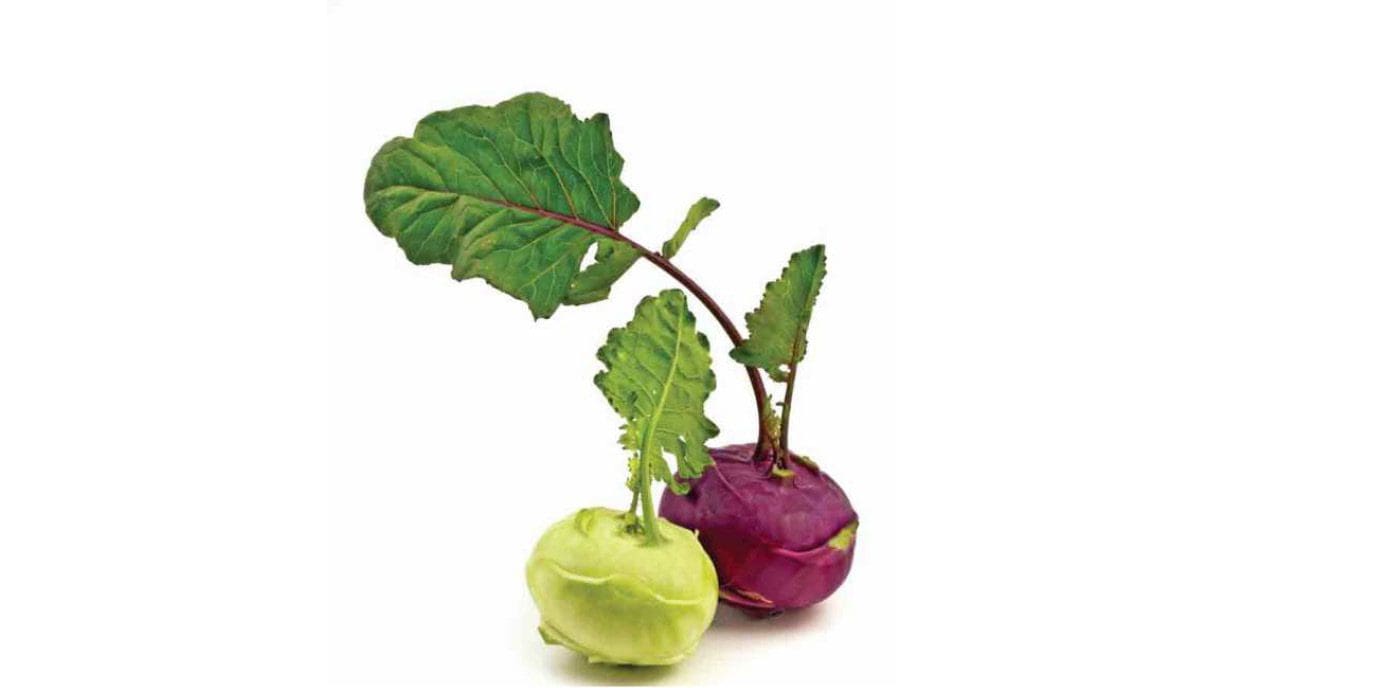By Kylie McCarthy, Nutritionist
With the winter months upon us, it seems like a lifetime away before we will have our tanned backsides out basking in the rays of the summer sun. Winter is often a time that most people take the opportunity to make hearty comfort foods. But comfort does not have to equate to stodgy starches with a belly reminiscent of Kermit the frog by the end of winter- leaving your board shorts held together by their last thread of Velcro (if you’re lucky) by the time summer is again upon us! Check out some of the amazing nutritional and healing benefits of these classic winter veggies and incorporate them into your soups and onto your plates.
- Kohlrabi: (I love this one baked) Often mistaken for a root vegetable, this relative of the cabbage can be sliced like a root vegetable, thrown into fritters or eaten crunchy raw like cabbage. Rich in Vitamin C, Kohlrabi as like other members of the Brassica family, contains health-promoting phytochemicals such as sulforaphane, and indole-3-carbinol. I3C is associated with decreased risks in all types of cancer- especially prostate and colon cancers.
- Onions: This classic, pungent vegetable contains powerful antioxidants that are anti-inflammatory, antibiotic and antiviral. Quercetin, one the major anti-inflammatory compounds within onions is associated with having beneficial effects on chronic diseases such as heart disease and cancer. There are no two ways about it, with its rich anti oxidant and sulphur containing compounds- onions are a cancer fighting detoxification inducing super food!
- Mushrooms: The true healing power of these spongy wonder foods is largely unknown. There are three specific types- Maitake, Shiitake and Reishi. Mushrooms have powerful effects on the immune system, literally acting as a medicine. Maitake mushrooms are used throughout Asia in cancer treatment to shrink tumours. Mushrooms increase immune system cells and hence immune stimulating- strengthen you.
- Garlic: One of ‘the’ most therapeutic foods on this planet- Garlic is antibiotic, antiviral, anti microbial and antibacterial. Garlic will thin your blood, assist in killing unwanted bacteria in your gastro intestinal system and give a powerful boost to your immune system, preventing colds and viral infections.
- Fennel: High in vitamin C, rich in iron and histidine, it serves as a good natural remedy for anaemia. Fennel stimulates the clearance of bowels & increases secretion of HCL enabling better absorption of nutrients and digestion. Alleviates infant Colic, gas, bloating & flatulence.
- Spinach: This dark leafy green (and others like it, such as kale and collards) contains lutein and zeaxanthin, antioxidant carotenoids that may help prevent cataracts and macular degeneration. Spinach is also a source of calcium and folate and B vitamins that helps to prevent birth defects. Buy organic spinach, since pesticides are commonly used on conventionally grown varieties.
- Okra: One of the select group of foods that include naturally occurring glutathione, arguably the most important antioxidant in the body. The rich fibre content of Okra binds toxins, ensuring easy bowel movements with its natural laxative properties. Regularly eating okra also reduces the risk of colon cancer and is great for diabetics. In Ayuvedic medicine Okra is considered “tridoshic” meaning it is good for balancing all metabolic types.
- Cabbage: This low-cost yet highly nutritious cruciferous vegetable contains nutrients called indoles, which may protect against both breast and prostate cancer. It also provides significant amounts of fiber and vitamin C. A compound in cabbage, sulforaphane, also helps protect cells from invasion of carcinogens. Alternate all the cabbage types/colors, they all hold different therapeutic phytochemicals
- Leek: From the Allium family, leeks have the healing benefits much like Garlic- although much milder in flavour. Leeks also containe Kaempferol -impressive in its broad, yet powerful potential to boost human health making leeks a great addition to soups in the winter months.
- Sweet potatoes: Rich in beta carotene, these vegetables may help boost the immune system, deliver vitamin C and folate (which may reduce the risk of heart disease and prevent certain birth defects), and are low on the glycemic index and glycemic load charts.
If you would like any dietary assistance please contact me.
Kylie McCarthy -Nutritionist
For appointments with Kylie please phone 02 4655 4666 or email kyliem@cabothealth.com.au



Leave A Comment